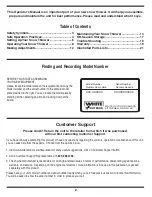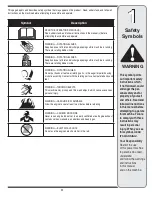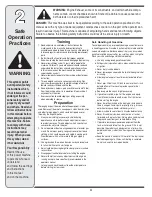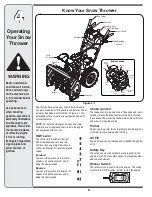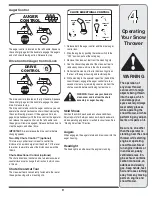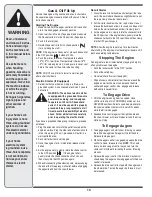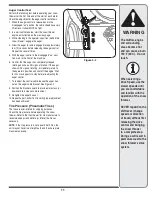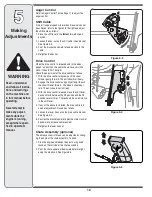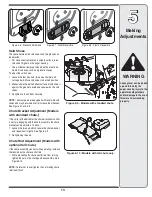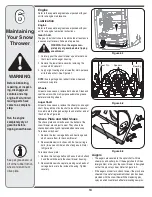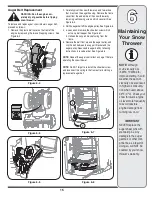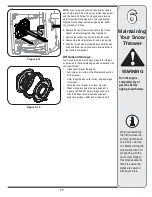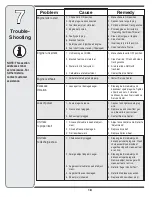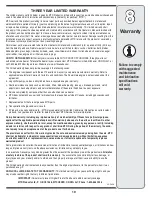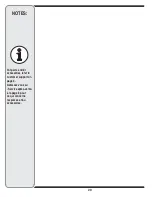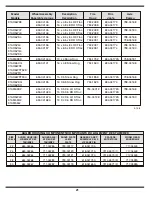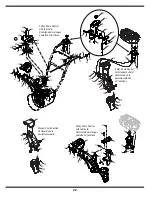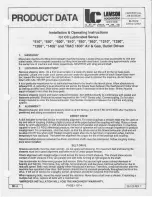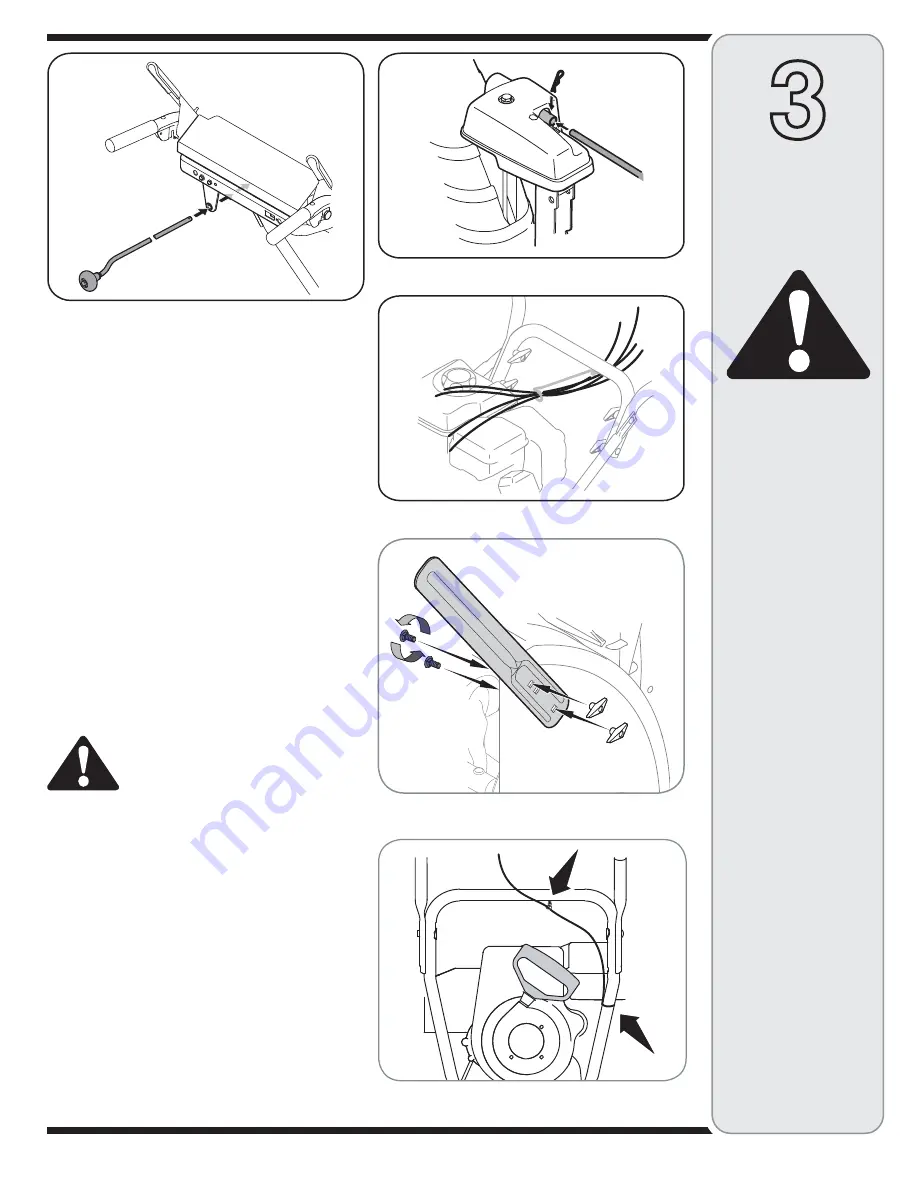
7
Figure 3-6
Figure 3-5
3
CAUTION
IMPORTANT:
Prior to operating
your snow thrower,
refer to Auger Control
Test on page 11.
Read and follow all
instructions carefully
and perform all
adjustments to verify
your unit is operating
safely and properly.
Shut off engine
and remain behind
handles until all
moving parts have
stopped before using
the clean-out tool
to clear the chute
assembly.
If your unit is not
equipped with drift
cutters, you may
contact Customer
Support as instructed
on page 2 for
information regarding
price and availability.
Setting Up
Your Snow
Thrower
Drift Cutters (If Equipped)
Drift cutters should be used when operating the snow
thrower in heavy drift conditions.
• On models so equipped, drift cutters and hardware
are assembled to the auger housing inverted.
• Remove the carriage bolts and wingnuts securing the
drift cutters to the housing.
• Reposition drift cutters so they face forward as shown
in Figure 3-8. Secure with hardware previously
removed, wingnuts should be fastened on the
outside
of the housing as shown.
Clean-Out Tool
The clean-out tool is mounted to the rear of the auger
housing and is designed to clear a clogged chute. Refer
to page 9 for instructions on how to properly use it.
NOTE: This item is fastened with a cable tie to the rear
of the auger housing at the factory. Cut the cable tie
before operating the snow thrower.
WARNING: Never use your hands to
clean snow and ice from the chute
assembly or auger housing.
Lamp Wiring Harness (If equipped))
The post on the cable tie attaching the lamp wiring har-
ness to the lower handle should be plugged into the hole
in the lower handle. Pull the slack portion of the wiring
harness through the cable tie to prevent interference with
the recoil starter handle. See Figure 3-9.
Skid Shoes
Position the skid shoes based on surface conditions.
Adjust upward for hard-packed snow. Adjust downward
when operating on gravel or crushed rock surfaces. See
“Making Adjustment” Section.
Shear Pin Storage (optional)
An area for convenient shear pin storage is located at the
rear of the plastic dash panel.
Figure 3-7
Figure 3-8
Figure 3-9
Fig-
ure


